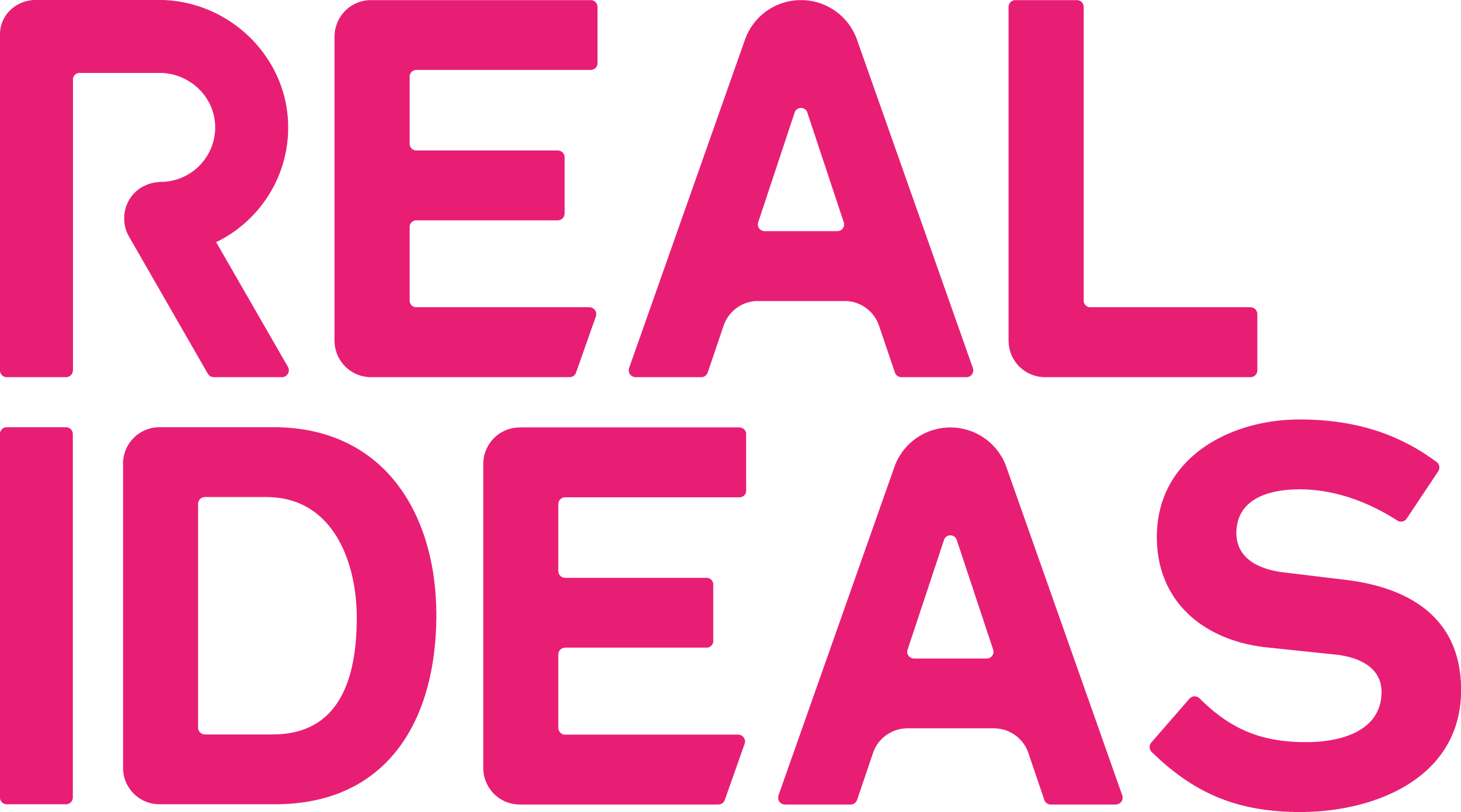My eldest son moved rugby clubs recently.
After just one season in St Austell, he felt the club wasn’t able to offer him the level of training and competition he wanted as he develops into senior rugby via the Colts system. It wasn’t the hard decision I thought it might be for him and he has settled well with a good group of lads and a hard-nosed coaching team.
What I hadn’t considered, was that I would also have to reassimilate into a new parent and supporters group. A bunch of people my age who had been linked with the club for, in some cases, more than a decade. Easy on paper, not so easy in reality. Strangers who already know each other and are already taking. However, as luck would have it, a former client of mine was a fellow parent and within a few minutes, I was greeted with a hearty handshake. Jamie Yoki and I hardly knew each other away from work but we had a number of professional conversations in the past that went beyond the scope of our business dealings. So, over a pint and with the events of the previous soggy 80 minutes as a backdrop, I asked the inevitable question, “how is business?”.
Now, Jamie has always been the kind of guy to hold court. He is comfortable talking about himself, his business, and is a great example of the professional exterior. He has a number of businesses including one in a sector which has taken a pounding over the last few years – a restaurant/bar in Polzeath. I was expecting one of two responses to my question. Either “We’re killing it, making loads of money and expecting bigger things next year”, or “It’s so hard – rising costs, uninterested staff, moaning punters …”. How important it is not to prejudge a situation.
Instead, what I heard was a story of good business. I don’t mean good strategy; I mean understanding that a business is your people. Yes times have been challenging, and yes they have been successful, but it was not down to Jamie’s astute choices, finding better value suppliers, running a tighter ship. It came from a place of better understanding of the rhythms of his sector.
“You can’t always expect to live in the cream.”
It was an acknowledgement that in business, there are good times and bad, and when things are tough, it is unrealistic for a business-owner to have the same expectations of their business as they do when the tills are pinging with hefty card payments. So what do you do in this situation? Try to squeeze every last drop of profit out of your operation in an attempt to beat last year’s revenue record? When you say it out loud, it just sounds foolish.
Jamie’s response was talk to his people. Across the board. Not just one or two trusted seniors, but everyone. What do you want to do? It is big picture thinking – managing a business not just day to day, but year to year and beyond, to ensure his most important asset, his people remain invested in the business because they feel valued. Any bravado that may have come across his usual presentation was muted by his words and deeds. That is business pragmatism. You can’t always expect to live in the cream.
For me, it was a validation of my belief that looking after your people and involving them in the decisions which affect them is actually then mark of a successful business, and Jamie is successful by any measure. It is proof that although they are helpful, business is not about spreadsheets, it is about people. By looking after your people, you save on the anxiety and cost of replacing them before they are ready to move on.
Business, like life has ups and downs, and whilst it is tough now, this too will pass. Work on your business, look after your people, plan based on data, and be ready to open your doors tomorrow, next month, next year. And for self-employed people, remember you are your people. So look after yourself, too.

